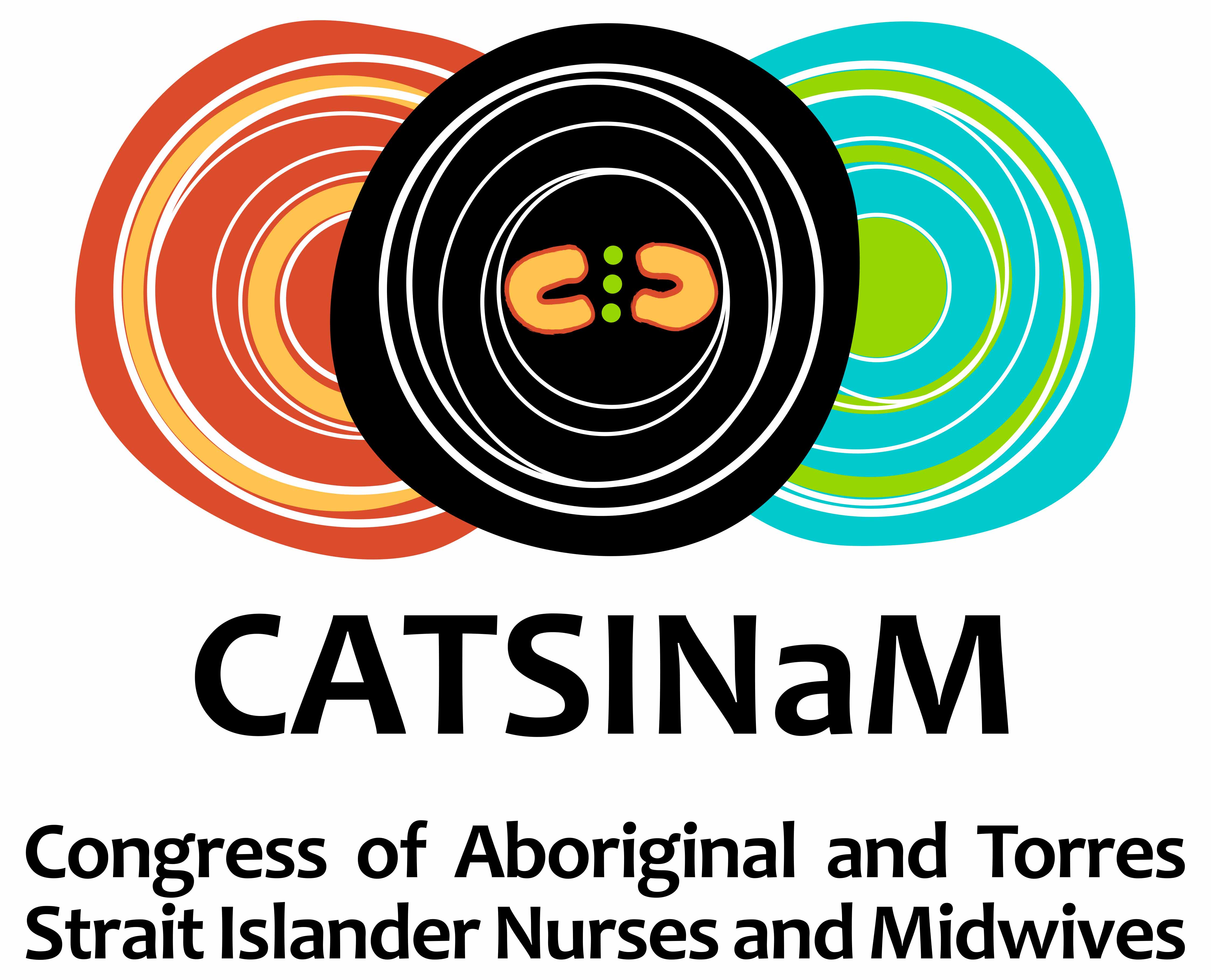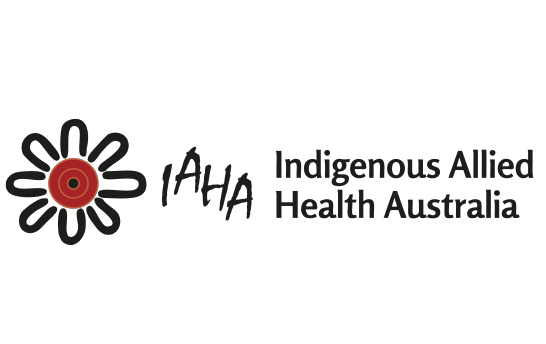KEEP IN TOUCH
(07) 3105 7800
Turrbal and Jagera Country
Level 4, 348 Edward Street
Brisbane QLD 4000
(07) 3105 7800
Turrbal and Jagera Country
Level 4, 348 Edward Street
Brisbane QLD 4000
Over the last year we have submitted a Board approved draft Reconciliation Action Plan (RAP) to Reconciliation Australia (RA) and gained provisional endorsement. The RAP is at the creative design stage, with Aboriginal and Torres Strait Islander youth in North Queensland leading its creation. We are very excited to have the opportunity to involve young artists in the artwork and look forward to seeing the RAP design.
Our Health Workforce Solutions (HWS) team have been working hard together with the Aboriginal Community Controlled Health Services (ACCHS) sector to assist with attraction and placement of primary health care staff to fill their vacant positions. Over the 2023-2024 financial year, thirteen health professionals were supported to join ACCHSs. Of these thirteen candidates, one located to MM7, four located to MM6, one to MM5, one to MM3 and six to MM2 locations.
Under the Health Workforce Scholarship Program (HWSP), we prioritise scholarships and bursaries for Aboriginal and Torres Strait Islander health professionals and health professionals working in ACCHSs or AMSs. This is evidenced by 65% of total HWSP recipients in 2023-2024 stating that they provide services to Aboriginal and/or Torres Strait Islander communities. Over this period, we were able to fund 110 applications from health professionals employed at ACCHSs or AMSs, with 92 Bursaries to the value of $260,245 and 18 Scholarships totalling $166,538. Furthermore, we were able to fund 16 health professionals who identified as Aboriginal and/or Torres Strait Islander, covering the disciplines of Aboriginal Health Worker (1), Chiropractor (1), Medical Practitioner (3), Occupational Therapist (7), Psychologist & other Mental Health Professionals (3) and Podiatrist (1). Whilst these 16 health professionals comprise only 2.28% of successful scholarship recipients, this compares well with data drawn from the National Health Workforce Data Set indicating that in 2021, 1.2% of registered health professionals employed in their registered profession identified as being Indigenous Australians. That said, we continually strive to improve the participation of Aboriginal and/or Torres Strait Islander people in the health workforce and support for them by HWQ services and activities. The feedback we have received about the HWSP has supported the need for the program in their communities:
"Improvements in working with First Nations People in my community to help them feel safe and create good treatment outcomes and understand their connection to mind/emotions/family/land/spirit/spirituality/ancestors.”
“Increasing knowledge about early childhood parenting experiences for Aboriginal and Torres Strait Islander people and how to facilitate positive experiences in a culturally appropriate manner.”
Further highlights included commencing the Maternal and Child Health Uplift Program (MCHUP), which is a bursary and scholarship program to improve access to education and training for Northern Queensland’s primary care providers, to address the comprehensive health needs of children during their first 1,000 days of life. Services and workforces for Aboriginal and/or Torres Strait Islander children, families and communities are the focus of the program. It is an exciting development delivered in partnership with the Northern Queensland Primary Health Network (NQPHN), designed to provide flexible holistic supports required to overcome barriers that primary health workforces face when participating in upskilling.
As always, we love our future workforces! Hence HWQ sponsored two students to attend the Indigenous Allied Health Australia conference in 2023 and two Queensland-based Aboriginal and Torres Strait Islander Health Workers/Practitioners to attend the 2023 NAATSIHWP Professional Development Symposium. We hope they gained valuable information and connections from this experience.
Our partnerships with Aboriginal and Torres Strait Islander health professional peak bodies are getting stronger, with the below stakeholders now members of our Health Workforce Stakeholder Group. This ensures the voices of Aboriginal and Torres Strait Islander health professional groups are included at the highest level in primary care workforce issues in Queensland.
|  |  |  |  |
